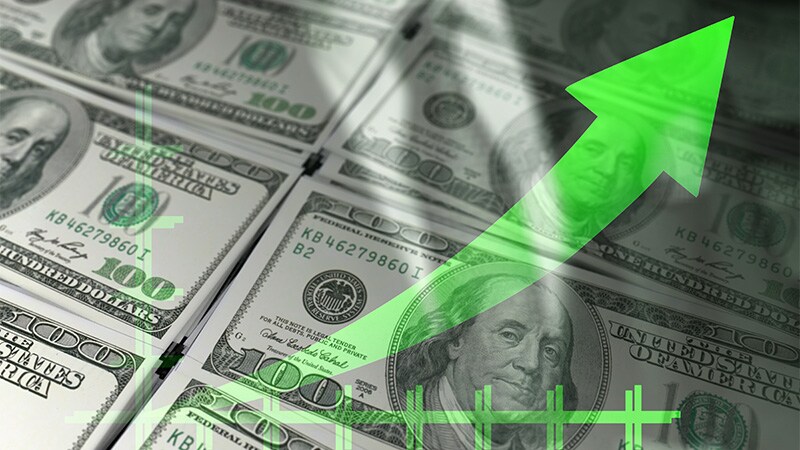So this thread has had a lot of discussion recently about Elon's warnings about population collapse. I'm in the middle of reading my favorite geo-political/economic analyst's just released book, "The End of the World is Just The Beginning" , and I've just gotten to the point where he explains why we are staring at actual population collapse, not just a decline. Let me see if I can paraphrase it.
One of the things that people miss about our historical population increase is that in the past two hundred or so years, it has been fueled by longer lifespans, not just birth rates. If you double lifespans, but keep birthrates constant, then in one generation, you've doubled your population. And that is what we've seen as modern medicine has slowly spread through the world. But lifespans have basically hit a wall (except in some ever smaller regions of the poorest parts of the world which have yet to industrialize). So lifespan population boost has pretty much reached its end.
Meanwhile, global industrialization has resulted in people having far fewer children. There are many reasons for this (children meant free labor on a pre-industrialized farm, now they are very expensive luxuries), but the facts are undeniable. We have below replacement birthrates for much of the world (like 1.8 children per woman), and some notable countries (Korea, and China!) the latest 2022 data suggest 1.2 children.
So we've been living through a period where expanding lifespans overwhelmed the declining birthrates to give us a still expanding population, but that period is ending. So now in the 2020s, in almost all of the industrialized world we are running low of young adults which is the group that produces the most children. Unless something changes, like mass cloning technology, or WWIII throwing us back into pre-industrialization, this is an accelerating trend. Every generation going forward will be smaller than the one before it. That's why some people are worried about population collapse.
Is it inevitable? No one knows because the world has never seen this before. The industrial revolution has only happened once in human history. What comes on the other side of the population hump? We don't know, but one outcome is catastrophically bad.
Since we really don't know what the future will hold, people like Elon aren't calling for a mass forced re-population program. But he is pointing out that it is very dangerous to be thinking the opposite, that we have too many people, that we should be cutting back on having kids. It isn't obvious now, but China will absolutely be paying the price for its one child policy.
Actually what reduces birthrates is not industrialization, but reduction in infant mortality. Even in the least industrialized countries, as child mortality dropped, women had fewer kids.
The problem China is facing is with elder care as the population shrinks. With more retirees than working people, the economy is strained paying pensions for the elderly. Japan has been dealing with it for 30 years now and are beginning to come out of it as the older population dies off.
A population drop when all the structures of society are still set up for an expanding population will lead to collapse. But that's human stupidity rather than inevitability. Europe took a huge population decline in a very short period of time with the Black Death, the conservative estimates have been 1/3 of the population, but more recent estimates were 1/2.
Short term it was chaos on Europe's economies and cultures, but within a few generations the Renaissance had started and a few generations after that Europe was conquering the rest of the world.
That is a population collapse beyond anything projected as birthrates fall. A slow population decline from lower birthrates is a series of cultural problems that need to be dealt with rather than a guarantee of doom.
The US has expensive child care, health care and education. Fix that and it will be easier to have children.
A few years ago I read a book that made the point that we have gotten used to many things getting cheaper over time, but some things have not gotten cheaper, healthcare and education among them. We need to shift our thinking that those things are expensive and will remain expensive but since they are important, we need to suck it up and accept that.



